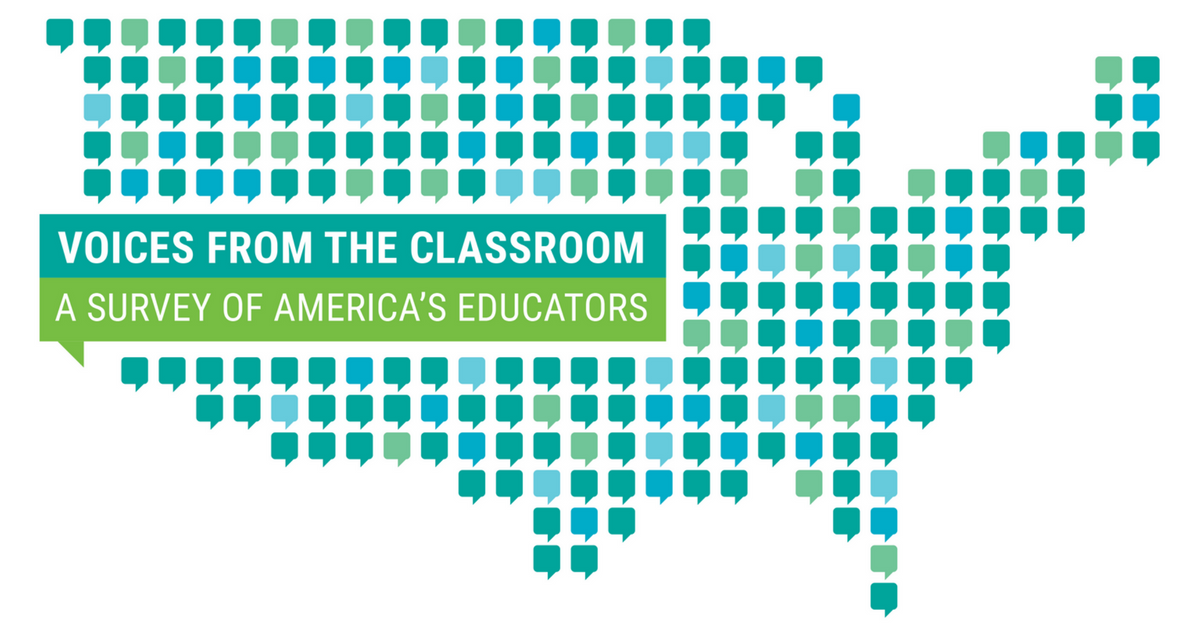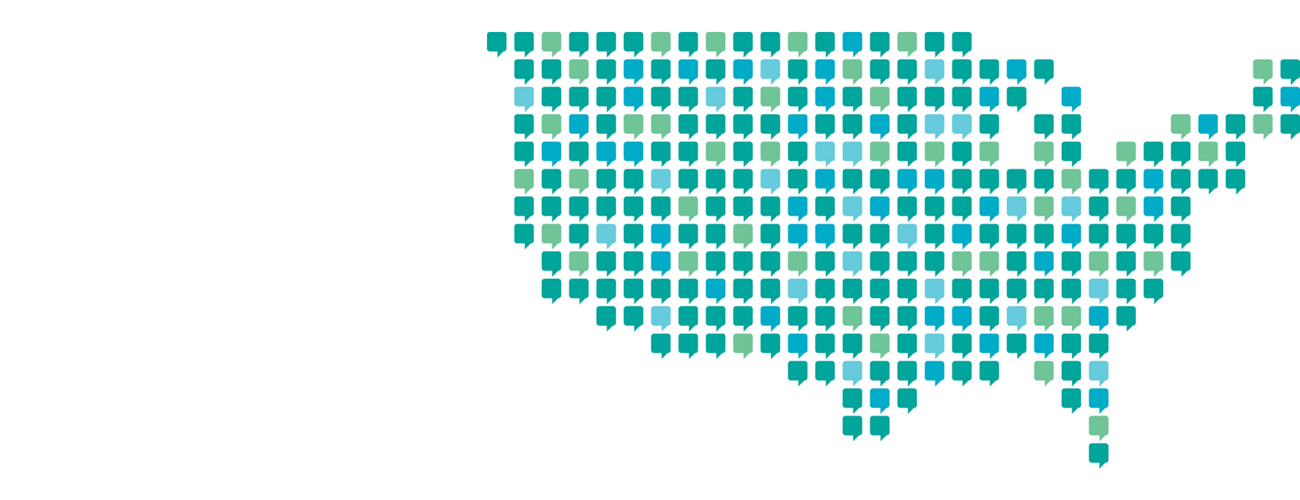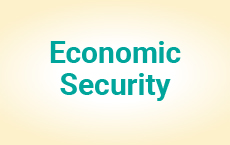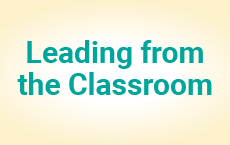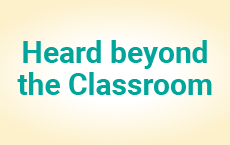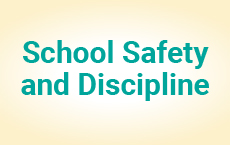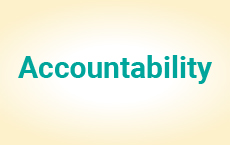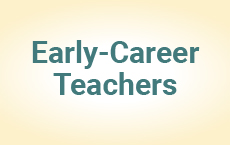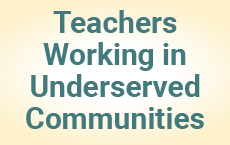2018 Voices from the Classroom: A Survey of America’s Educators is a groundbreaking, nationally representative survey that captures the views and opinions of educators across the country on a wide variety of education issues. All too often education leaders and legislators make decisions impacting our students and the teaching profession without first gathering the crucial insights from those charged each day with turning policy into practice. The purpose of this survey is to flip that dynamic on its head.
Methodology
The Voices from the Classroom survey questionnaire was developed by a dozen Educator for Excellence member teachers from across the United States. The instrument was written and administered by Gotham Research Group, an independent research firm, and conducted online from April 14, 2018, through May 6, 2018, among a nationally representative sample of 1,000 full-time public school teachers.
The survey sample is representative of the national population of U.S. district and charter public school teachers and aligns with key demographic variables of gender, region, race, ethnicity, age, years of teaching experience, level of education attained, school type, and subjects taught.
Major Trends and Findings
We identified six key trends from among the 182 questions teachers answered in the survey. To learn more about each trend, click on the images below. To view the comprehensive results, download the full report.
Teacher Profiles
The survey data is remarkably consistent across major demographic groups, by region, between unionized versus nonunionized teachers, and even considering school characteristics, such as grade levels taught or school size. We’ve profiled three standout groups of teachers because of their unique perspectives. To learn more about each group, click on the images below. To view the comprehensive results, download the full report.
Share the Survey Results
Use the graphics below to share key findings from the survey with your social media networks.
 Download | Tweet Download | Tweet |
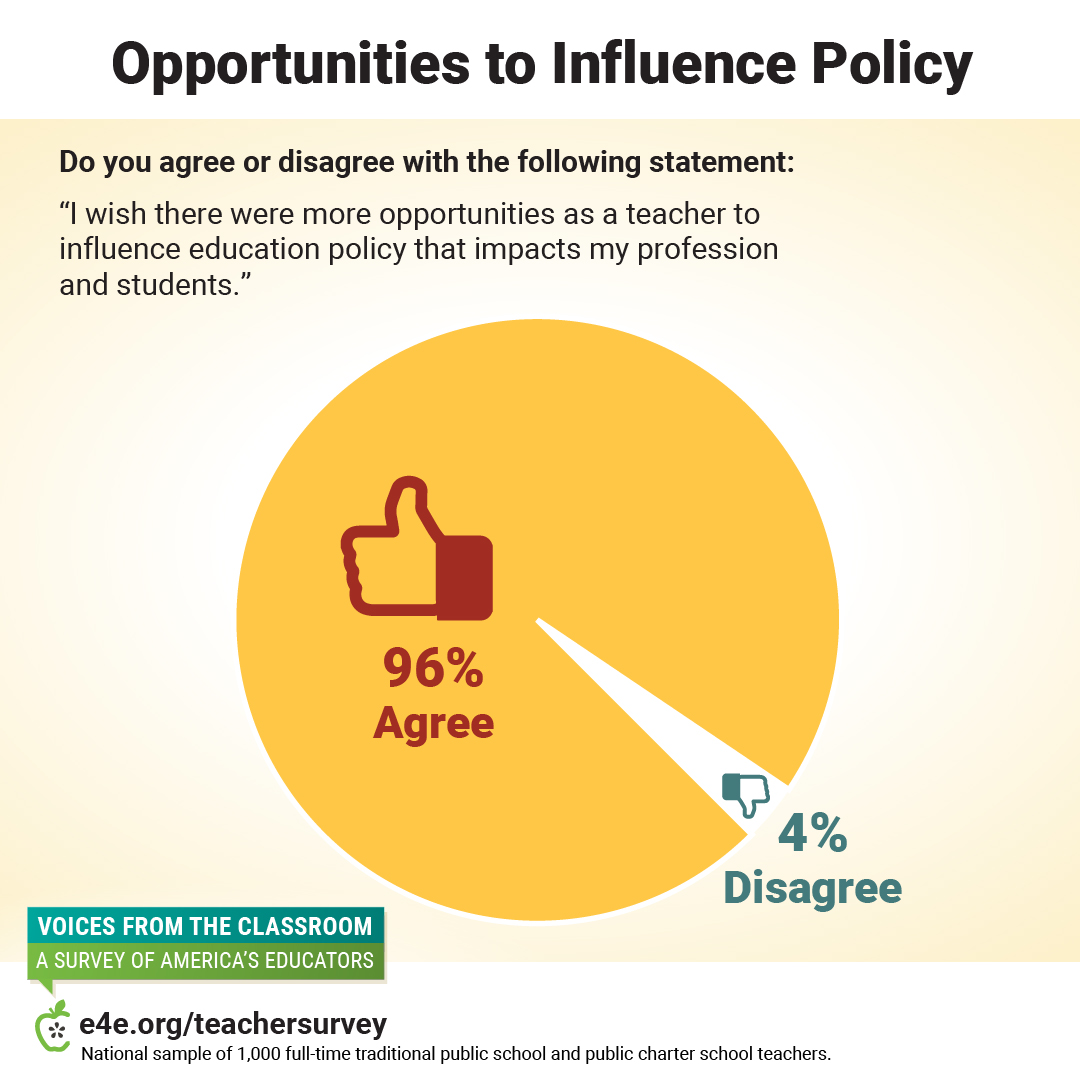 Download | Tweet Download | Tweet |
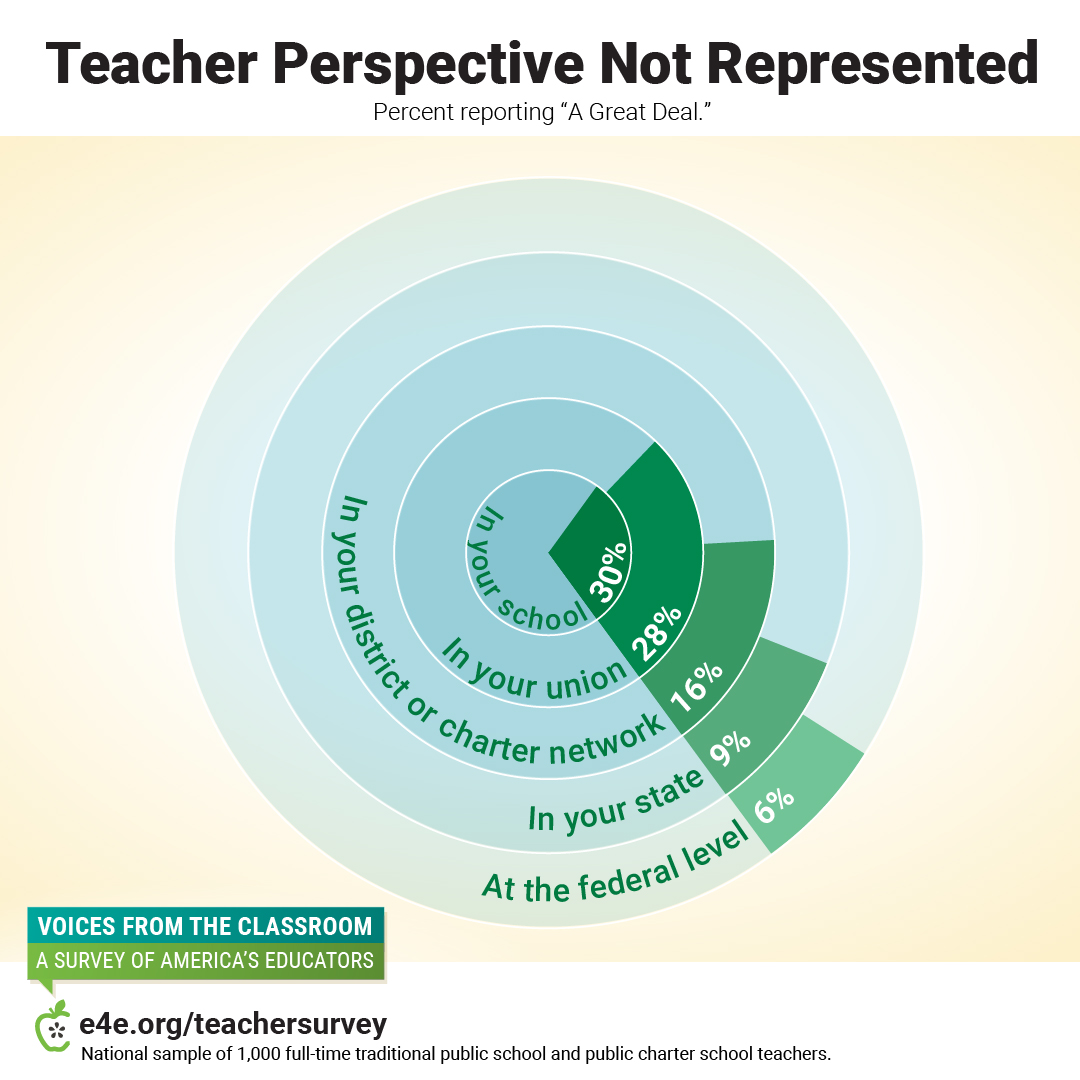 Download | Tweet Download | Tweet |
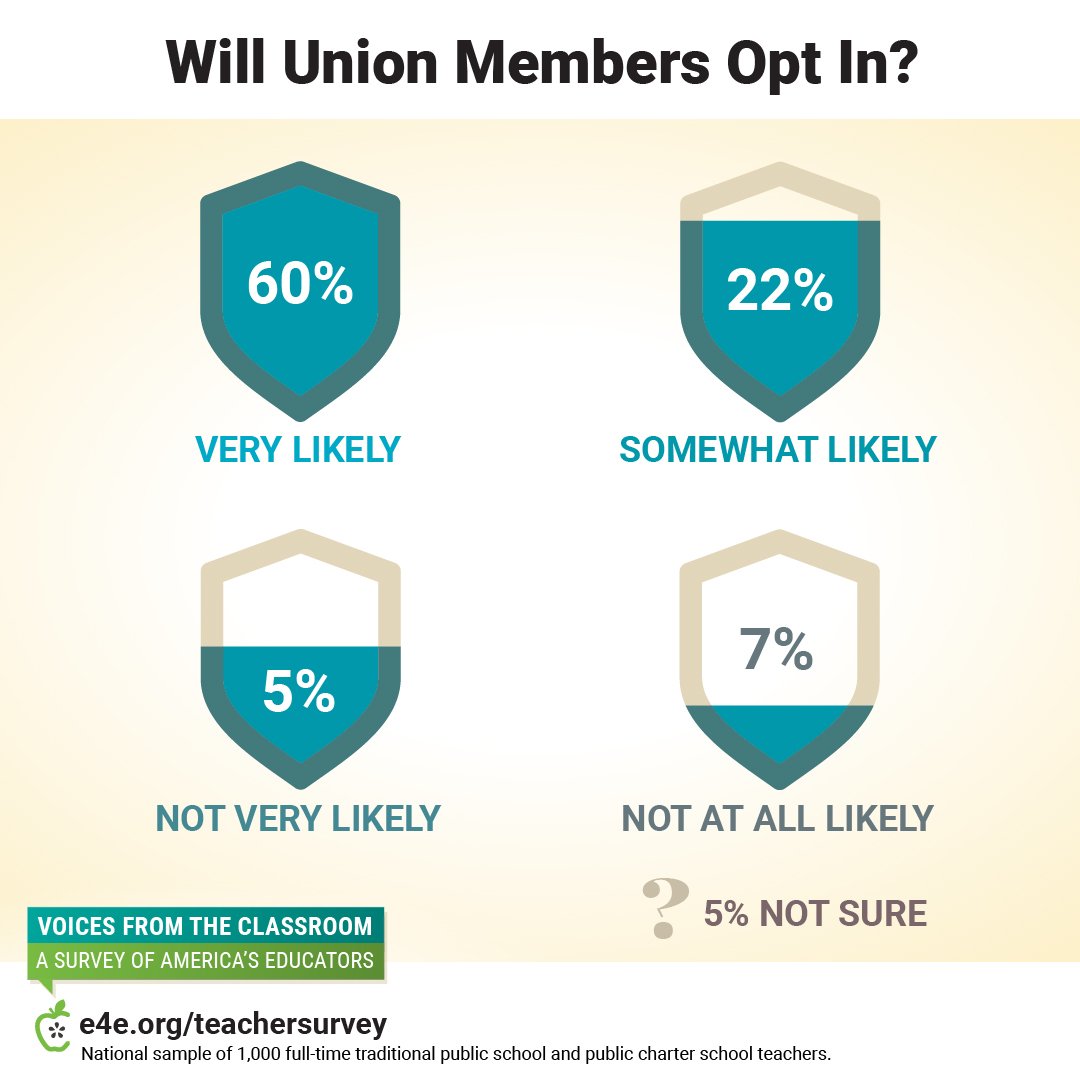 Download | Tweet Download | Tweet |
 Download | Tweet Download | Tweet |
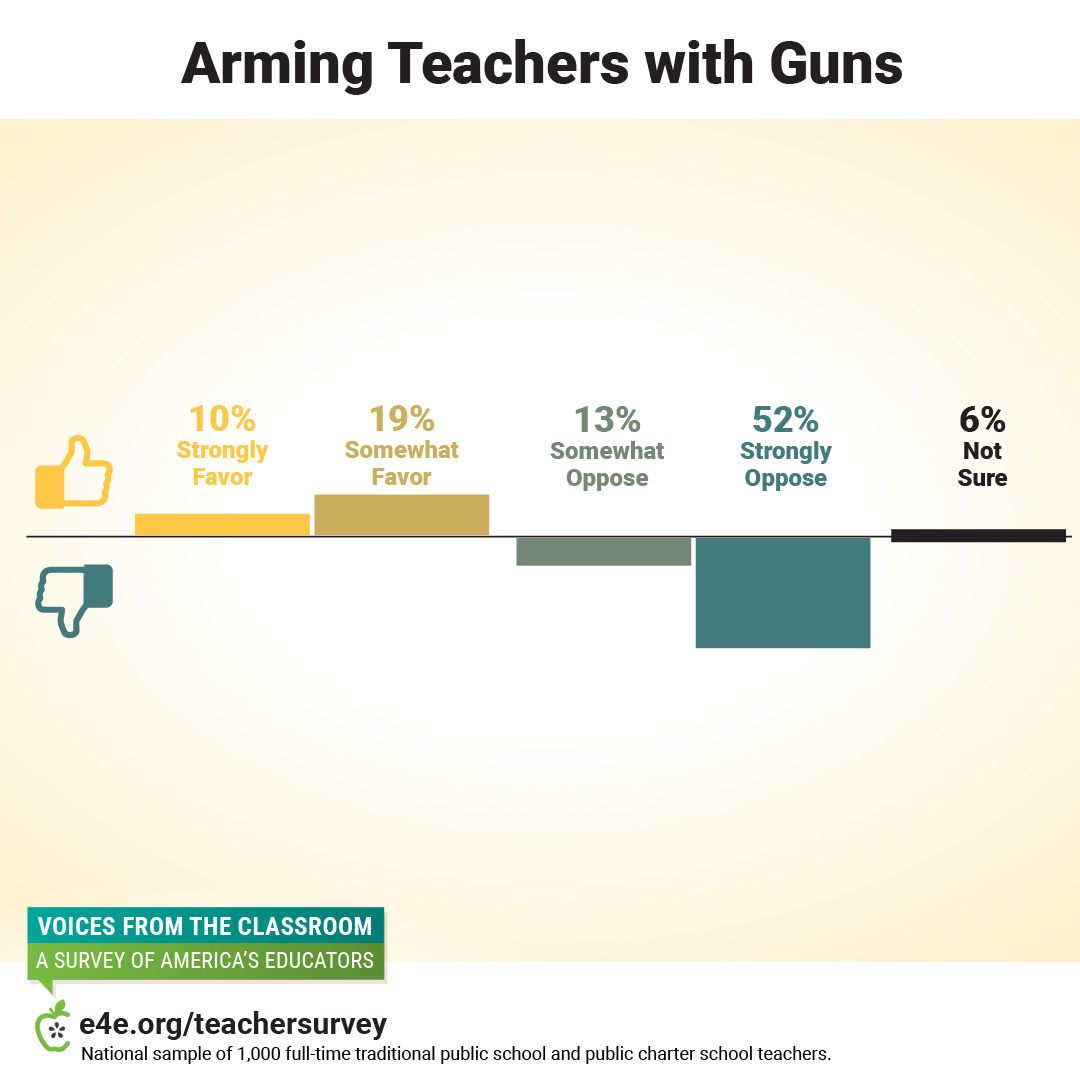 Download | Tweet Download | Tweet |
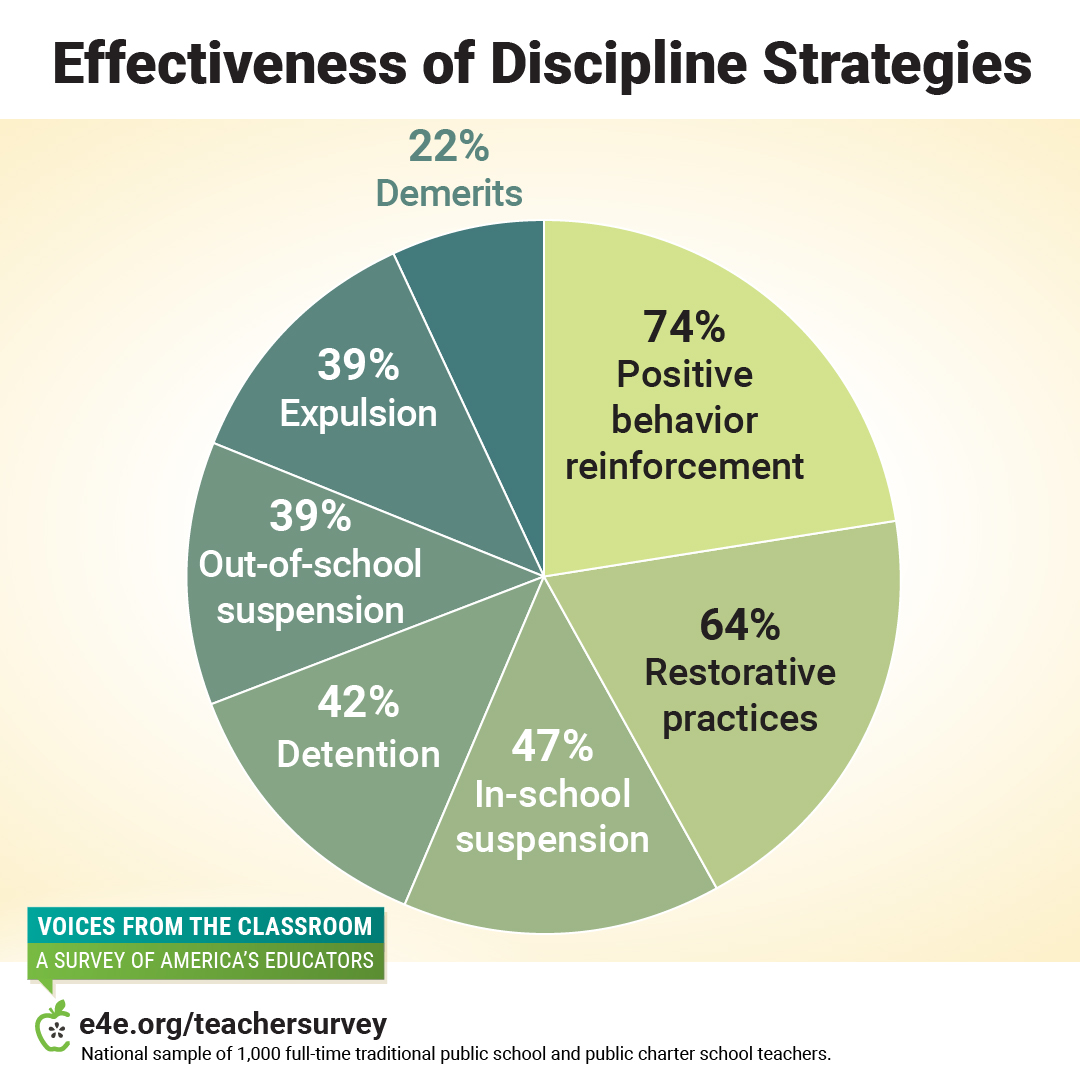 Download | Tweet Download | Tweet |
 Download | Tweet Download | Tweet |
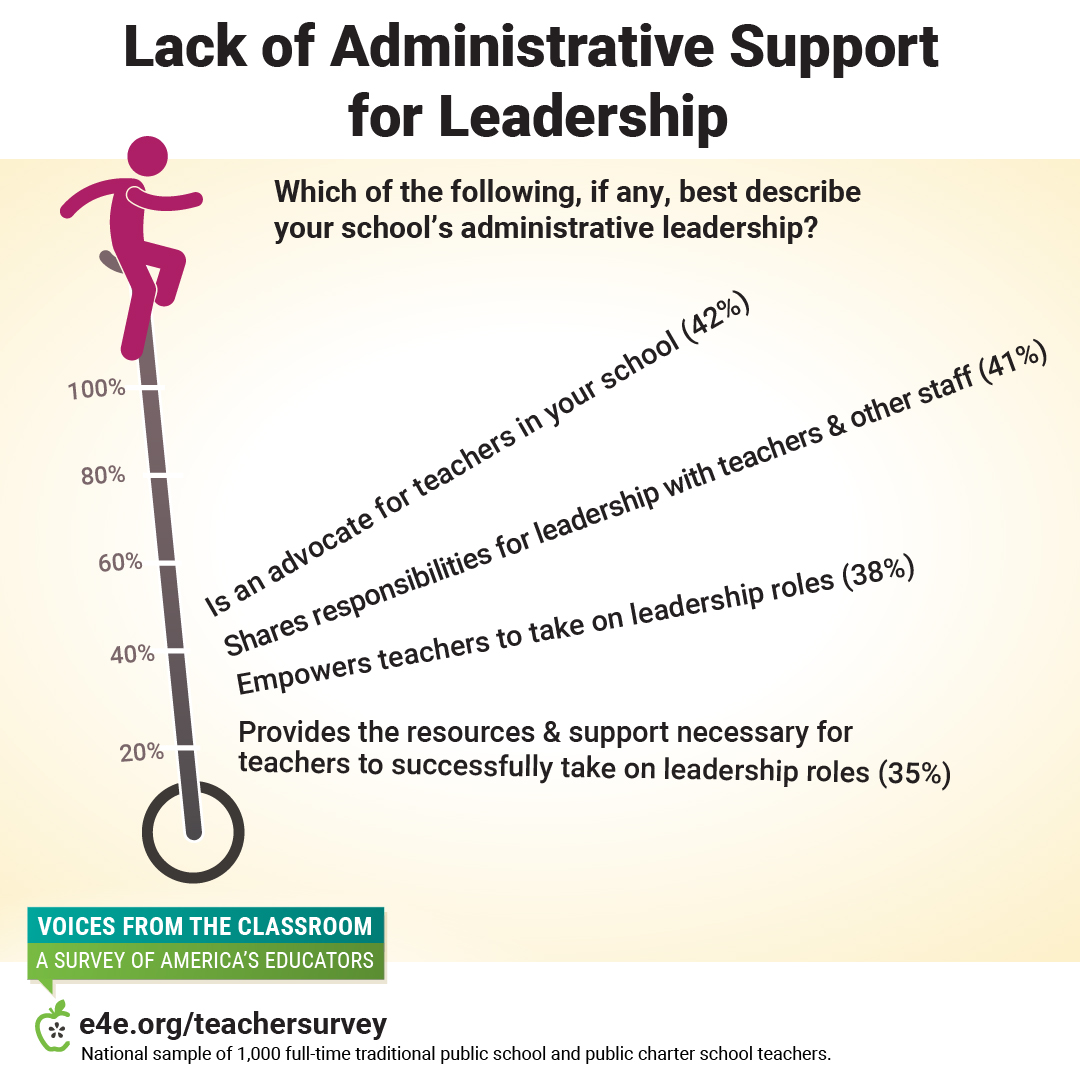 Download | Tweet Download | Tweet |
Watch the Survey Release Event
On August 1, 2018, we released the results from Voices from the Classroom. Hosted at the National Press Club in Washington, D.C., the educators who designed this survey participated in panel discussions about key trends and findings from the survey data.
Teachers and Their Unions
The Supreme Court’s decision in Janus v. AFSCME bars unions from charging compulsory fees used to negotiate critical job matters like fair pay, access to health care and retirement benefits. This decision will have major implications for teachers unions’ future memberships and revenue. Check out key data and findings from Voices from the Classroom to learn more about teachers’ thoughts on their unions.
In Your Community
| Beyond the national sample, we surveyed additional full-time traditional public school and public charter school teachers in some E4E communities across the country. Find out what educators in your community think! | BostonChicago | Los AngelesMinnesota |
